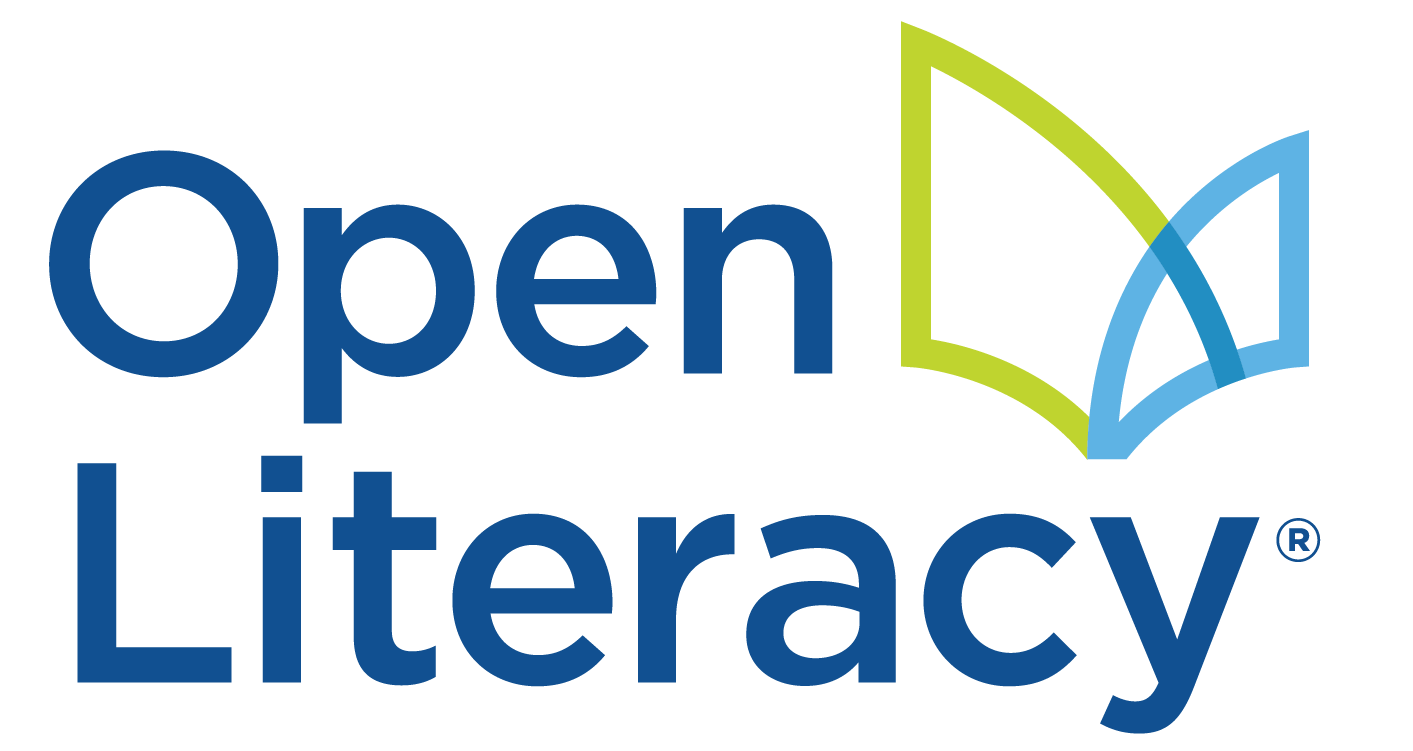Using Read Alouds to Build Comprehension
If you want to improve reading comprehension in your classroom or with your child, you should be reading aloud Every. Single. Day.
Interactive read alouds are your most powerful tool to support PreK-5 readers in developing their reading comprehension skills. There are so many benefits! When you read aloud and ask readers really amazing questions, you provide readers with a chance to:
• Engage in conversation about great texts – it is this dialogue that builds comprehension
• Hear a strong model of fluent, expert reading and thinking
• Access grade level content regardless of their decoding abilities
What’s going on in classrooms?
Teachers often believe that the purpose of a read aloud is to use them to introduce isolated skills. I’ve walked into classrooms where the beginning of the read aloud sounds something like “We are reading this book today to learn about personification.” Focusing on isolated skills in this way not only makes the read aloud more complicated than it needs to be, but it also communicates to students that the end goal of reading is to acquire a range of strategies. Then, as assessment data rolls in, we wonder why our students aren’t demonstrating strong comprehension skills!
Let’s back up.
Many teachers are taught that literacy needs to be broken down into dozens of isolated skills and strategies and that by teaching students these isolated skills one after another they will then become skillful at comprehending complex texts. But by focusing on these isolated skills, we lose site of the fact that we want students to construct meaning from texts. We want them to comprehend. Doing this requires students to build a clear picture in their head of what is going on in the story. They need to view reading is an active, strategic process.
As teachers we need to start with the idea that the goal of reading is for students to read a text and understand it. This is what we should be teaching and modeling as we read books aloud to students.
How does this relate to interactive read alouds?
Effective read alouds focus deeply on what is happening in the text and require teachers to ask questions that provide students with the opportunity to think about what is happening in the text. A teacher might ask: Let’s think about the actions of Peter so far in the story. How do you think he is going to solve the problem?
Asking these strong text dependent questions requires careful advance planning. Without this careful advance planning teachers resort to questions such as “What is your favorite part?” or “Marie went on a cake walk in this story. Have you been on a cakewalk? That’s not to say that these types of questions can’t be used – but they don’t require any thinking and reasoning about the text for children to answer them and they do little so support students’ developing their comprehension skills — especially when the questions can be answered without attending to any of the text.
The bottom line: if you want to shift your reading comprehension outcomes, find some good books and start reading them aloud each day with your elementary-school aged child of classroom.
Never miss a post!
Follow us on Instagram and Facebook
Have a literacy question you’d like answered? EMAIL US
Return to BLOG HOME
